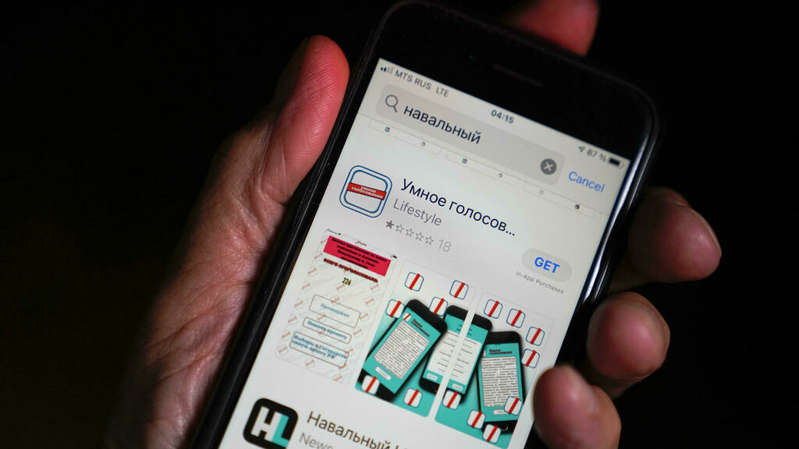
On Tuesday, the Russian justice system sentenced Facebook, Twitter and Telegram to new fines for failing to remove content banned in Russia, totaling 35 million rubles.
The Moscow Magistrates' Court fined Facebook, Twitter and Telegram for refusing to remove content banned in Russia. This was reported on September 14 by Interfax with reference to the press secretary of the court Zulfiya Gurinchuk.
Facebook was found guilty of five administrative offenses and fined RUB 21 million. Twitter and Telegram received fines of five million and nine million rubles, respectively.
Social networks have been repeatedly brought to administrative responsibility for complaints from Roskomnadzor. This year, in total, Facebook was fined 80 million rubles, Twitter – 60 million rubles, and Telegram was ordered to collect about 40 million rubles. In addition to Facebook, Twitter and Telegram, Google, Mail.ru, TikTok and WhatsApp were also fined millions of dollars.
Social networks are being fined for refusing to delete information that is called prohibited in Russia. In particular, these are messages about protest actions. In addition, social networks refused to localize user data in Russia. According to Russian law, foreign companies must ensure the recording, systematization, storage and retrieval of this data on the territory of Russia.
According to France-Presse, “Moscow has been targeting digital giants for several months now, accusing them of not moderating their content, and partly of interfering in Russian affairs, refusing to suppress publications that are opposed to the Kremlin.” So, in recent months, Roskomnadzor has accused social networks of publishing posts promoting drugs or suicide, and also calling on minors to demonstrate in support of the opposition.
“Moscow also accuses Google and Apple of 'interference in the elections' for not removing the app of the imprisoned Kremlin opponent Alexei Navalny,” notes France-Presse. This is the Smart Voting application.
On Monday, representatives of the Federal Bailiff Service (FSPP) came to the Moscow office of Google. They explained that the FSPP intends to exclude the use of the Smart Voting website in Google search results.
In September, Roskomnadzor blocked the Smart Voting website in Russia, citing its link to Navalny's Anti-Corruption Fund. Last week, Roskomnadzor appealed to foreign IT companies, including Google, Cloudflare, Apple, and Cisco, with a demand not to provide Smart Voting with tools to bypass the blocking.

